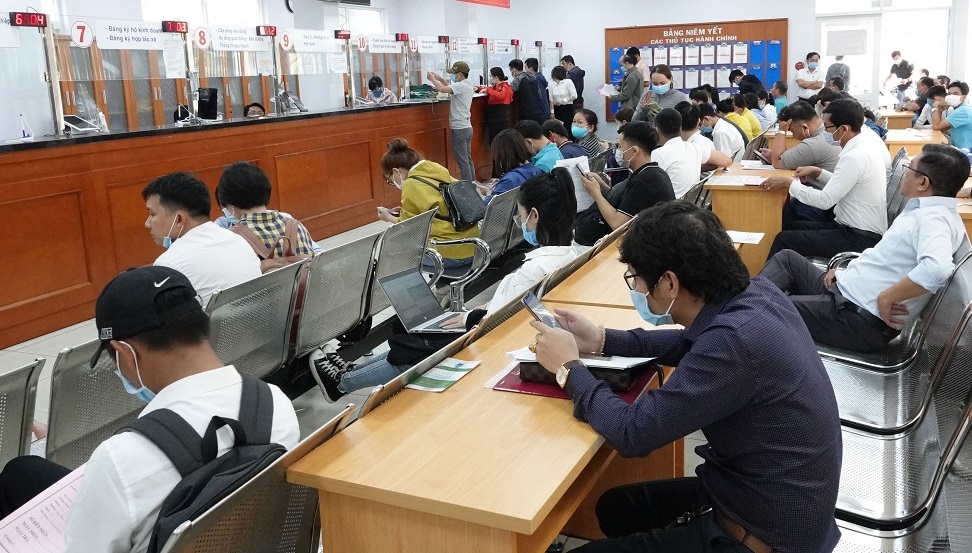The one-company workers who never leave
One such worker is Anthony. He joined the Civil Service in the 1970s as an 18-year-old, working in a government department assessing the tax valuations of properties in suburban London. He remained in the same department until 2017, reaching management level and retiring early on a pension reflecting his final salary. “I wasn’t someone [who was] that career-driven,” he says. “It was my first job after finishing school, I just wanted something that would offer a good salary and long-term stability: it was all I needed.”
‘Why stay?’
Ambition isn’t universal. If an organisation can keep a worker busy, relatively happy, engaged and decently remunerated, some people will stay. Although Anthony says he ultimately saw work as a means to an end, he was quietly content being able to lead a team, form workplace friendships and confidently carry out technical, time-consuming work. “I never really considered leaving: it was a job I enjoyed and it gave me financial security.”
Relationships and loyalty are also crucial factors in an employee choosing to stay at one company for so long. “It’d be unhealthy if you didn’t ever question ‘why stay?’,” says Nick. “But I’m dedicated to the people who have stood by me, and there are always opportunities to do better. And when you have a family to support there is value in stability.”
Workers may choose to stay at one employer for decades because of an inbuilt drive to feel a sense of belonging, says Lee. “An employee may be less likely to change jobs if they feel they’re losing a part of themselves by leaving: our social identity often comes from groups; the workplace can be a strong source of that. And a main predictor of whether someone stays in a job or not is whether they feel they have good relationships with their leaders and co-workers.”
Today, the expectation is that no job is for life; workers increasingly feel compelled to change jobs to appear dynamic. However, even as expectations around employee tenure and the job-seeking mindset change, a subset of the workforce will still choose to spend decades at the same organisation. Some will lurk happily in solid roles that meet their lifestyle needs; others will soar up companies that offer development and progression.
“I’m in a leadership position now: how I do as a leader sets up other people for success,” says Nick. “There’s nothing more satisfying than working with a group of people and, together, producing something that’s bigger than all of you – something that has a positive impact.”






